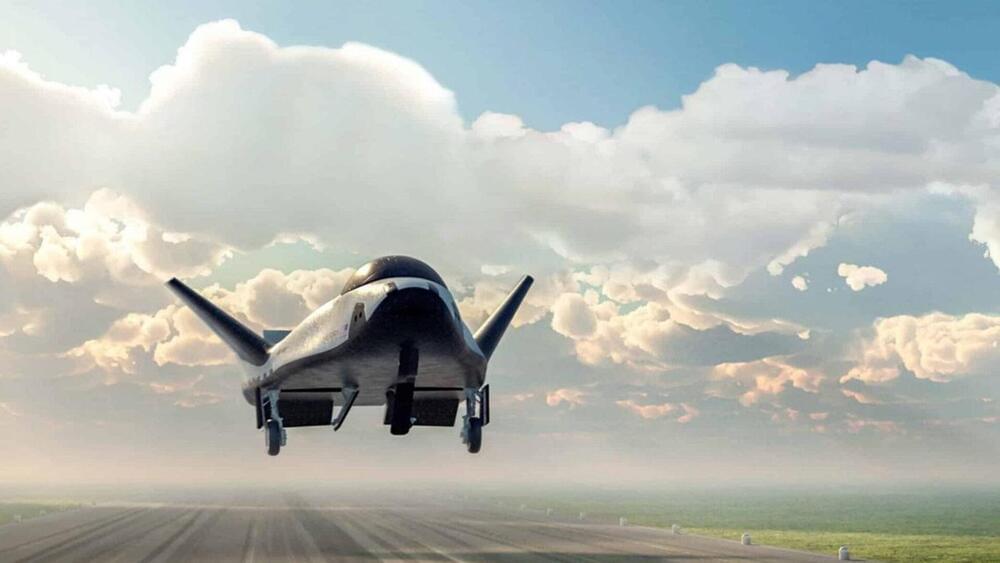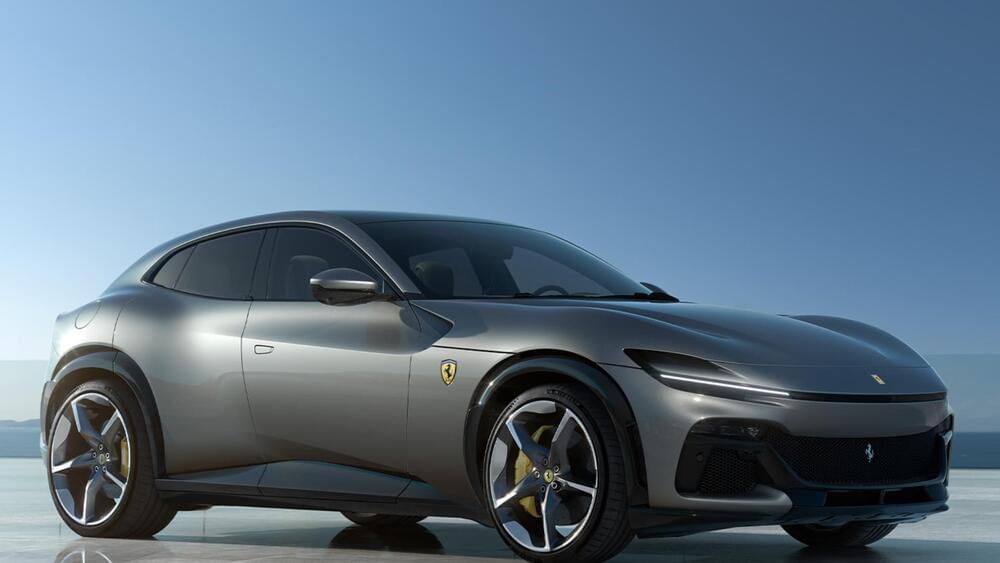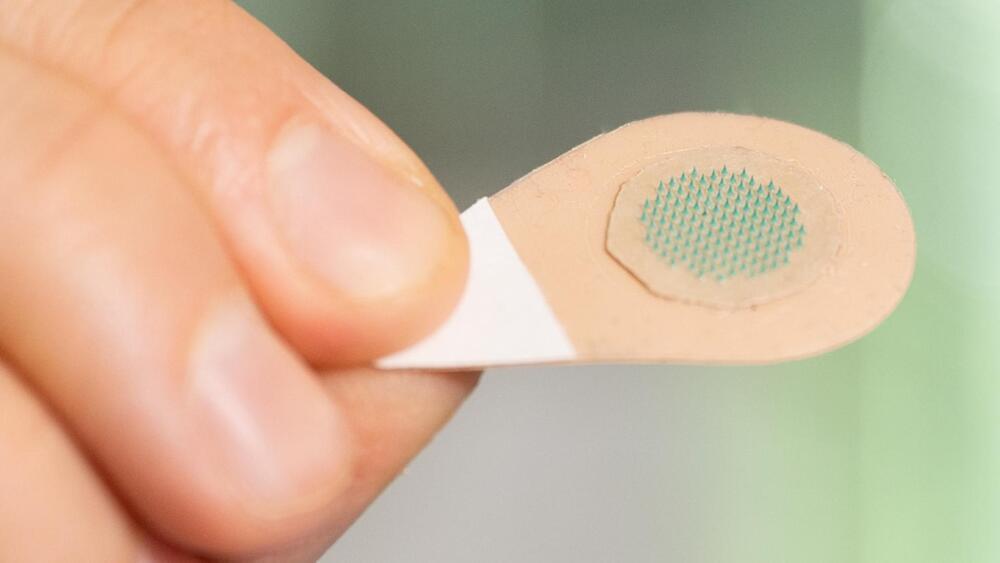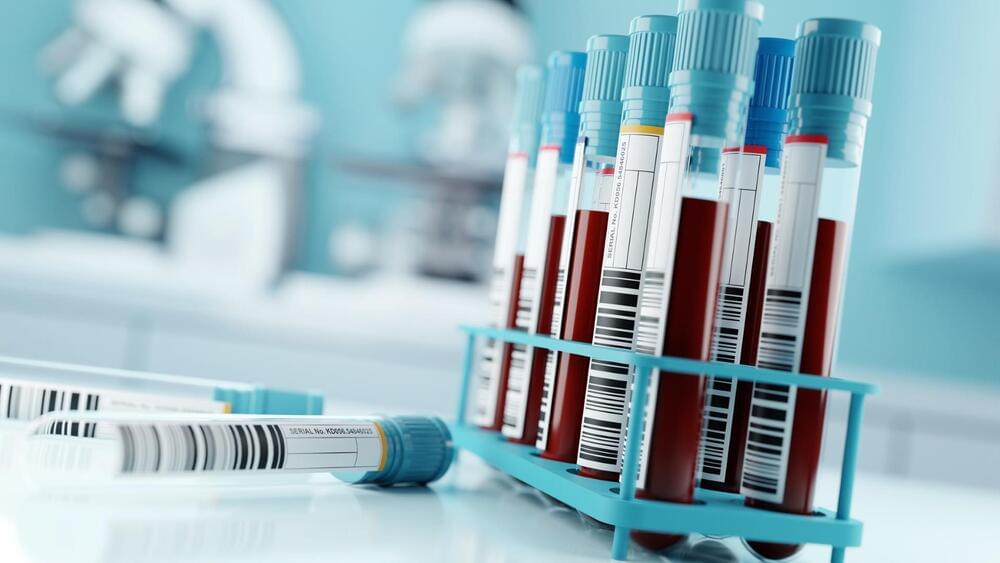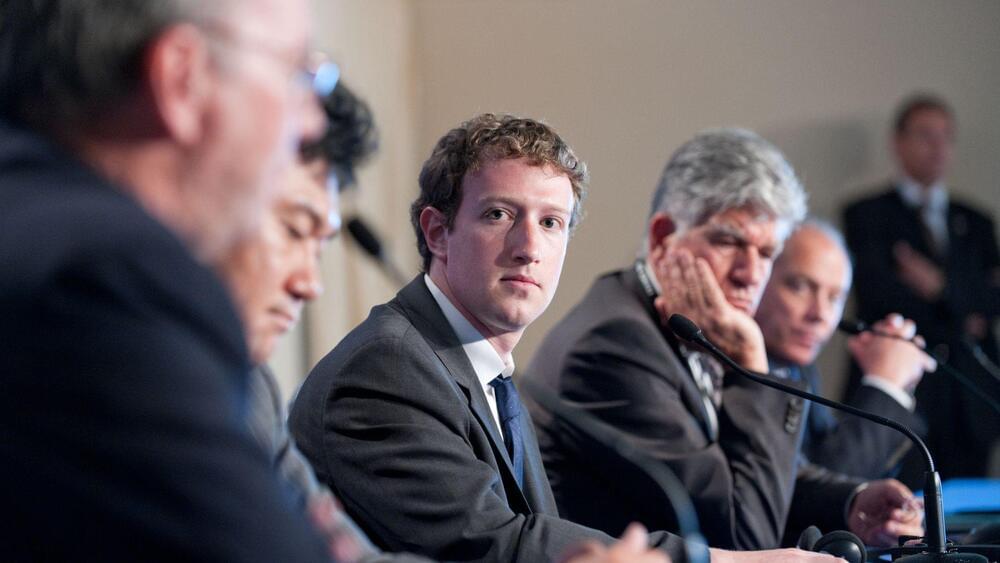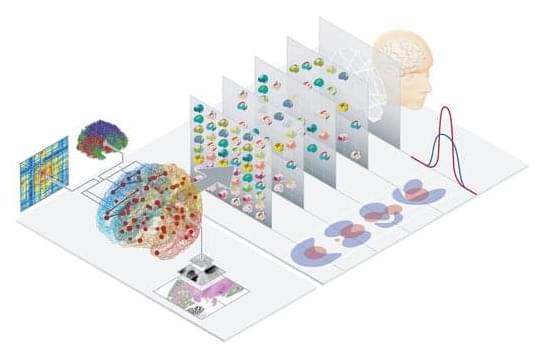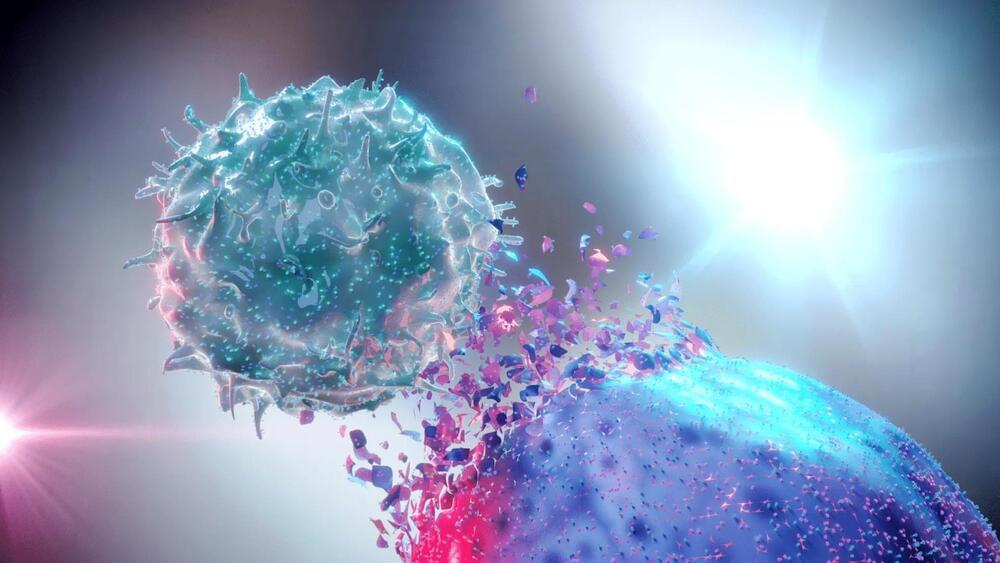🔔 Subscribe now with all notifications on for more Elon Musk, SpaceX and Tesla videos!Elon musk has finally tried neuralink on humans! But what is this neuralink? And how much effect will it have on us?The existence of Neuralink was first made public in 2017, when The Wall Street Journal reported on it. The company’s first significant public appearance was in 2019, when Elon Musk and other members of the Neuralink leadership team demonstrated their technology in a live streamed presentation. Neuralink’s chip is roughly the size of a penny and would be implanted in a person’s skull. An array of tiny wires, each nearly 20 times thinner than a human hair, spread out from the chip and into the patient’s brain. The cables include 1,024 electrodes that can monitor brain activity and, potentially, electrically activate the brain. This data is wirelessly transferred by the chip to computers, where it may be examined by researchers. A stiff needle, similar to a sewing machine, would be used to punch the flexible wires emerging from a Neuralink chip into a person’s brain. In January 2021, Neuralink produced a video displaying the robot.
Musk claims that the machine will make implanting Neuralink electrodes as simple as LASIK eye surgery. While this is an audacious assertion, neuroscientists told Insider in 2019 that the machine has several extremely promising aspects.📺 Watch the entire video for more information!#elon #musk #neuralink #spacex #tesla #elonmusk.
About Space Live.
🎥 Videos about Elon Musk, SpaceX, Tesla and more.
🎨 Written, voiced and produced by Space Live.
🔔 Subscribe now for more Elon Musk, SpaceX and Tesla videosWatch More from Space Live.
🟢 Elon Musk News: https://youtube.com/playlist?list=PLnEXUfPoD0wpm_jCO3qAoF-INE8csb4sf.
🟠 SpaceX News: https://youtube.com/playlist?list=PLnEXUfPoD0wrfwZLaJyNqjjEaxPiUuy7p.
🔴 Tesla News: https://youtube.com/playlist?list=PLnEXUfPoD0wqaY9rit0Tunko-q0mrFrCz.
💼 Business Inquiries and Contact.
• For business inquiries, copyright matters or other inquiries please contact us at: [email protected].❓ Copyright Questions.
• If you have any copyright questions or issues you can contact us at [email protected].⚠️ Copyright Disclaimers.
• We use images and content in accordance with the YouTube Fair Use copyright guidelines.
• Section 107 of the U.S. Copyright Act states: “Notwithstanding the provisions of sections 106 and 106A, the fair use of a copyrighted work, including such use by reproduction in copies or phonorecords or by any other means specified by that section, for purposes such as criticism, comment, news reporting, teaching (including multiple copies for classroom use), scholarship, or research, is not an infringement of copyright.”
• This video could contain certain copyrighted video clips, pictures, or photographs that were not specifically authorized to be used by the copyright holder(s), but which we believe in good faith are protected by federal law and the fair use doctrine for one or more of the reasons noted above.
